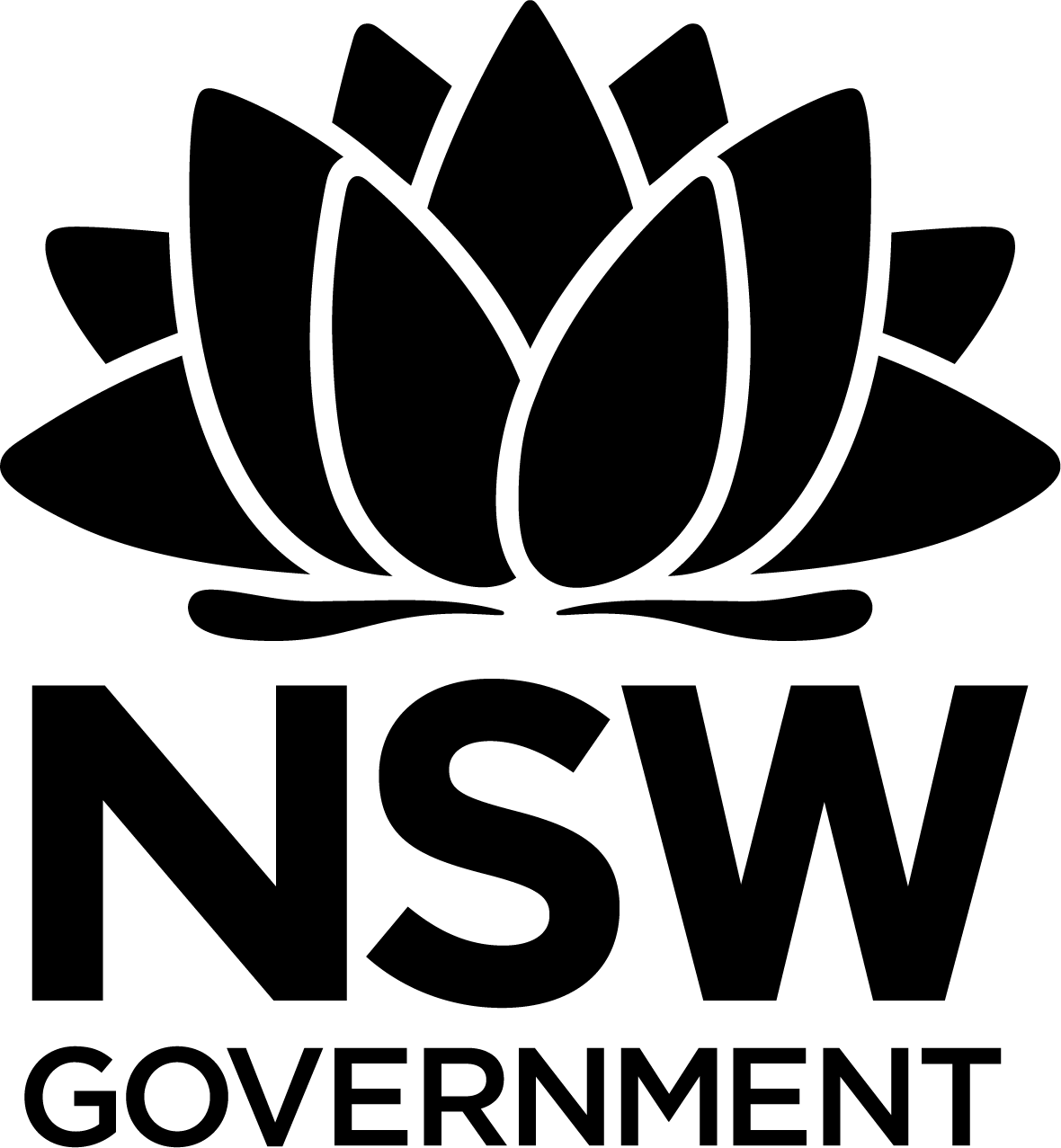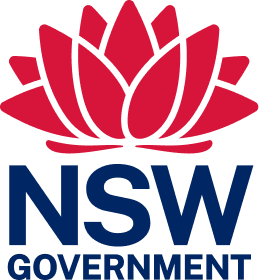
Crown land manager resource
Leases and licences for commons
Commons are generally set aside for the specific needs of the commoners. However, leases or licences of parts of the common can be granted with the prior authorisation of the minister administering the Commons Management Act 1989 (the CM Act).
When can a common be leased or licensed?
Generally, a lease or licence of a common can only permit the lessee/licensee to use the common in a way that is consistent with the purposes stated when the common was set aside and/or with the common’s management plan. The minister’s authorisation is required for a lease or a licence, other than a temporary licence.
A proposed lease or licence may affect native title interests over the common. Before granting a lease or licence, or when renegotiating existing arrangements, commons trusts should refer to Native title, Aboriginal interests and granting tenure or contact the department to clarify any possible native title issues before proceeding.
When a lease should be used
A lease should be used when the lessee needs exclusive use of part of the common or a building because of the type of activity they will be conducting.
A lease may also be required if the lessee has invested or proposes to invest substantial sums of money installing or improving facilities on the common.
When a licence can be used
When the proposed user does not need exclusive use of any part of the common, a licence is more appropriate than a lease.
Licences can also provide greater flexibility in use by different users. Provided their uses don’t directly conflict, licences covering the same common or parts of the common can operate at the same time. A number of licences can be issued over the same area for different times or days.
Temporary licences
A commons trust can grant a temporary licence for up to three months for grazing or any other purposes that are prescribed in the Commons Management Regulation 2018 (the CM Regulation). The only matter currently so prescribed is any activity consistent with the management plan for the common.
Temporary licences do not require the authorisation of the minister.
Seeking approval to issue leases and licences
A lease or licence is an important contract that regulates the use of the leased/licensed area and sets out the rights and responsibilities of both the commons trust and the lessee/licensee.
Leases and licences other than temporary licences
The terms of all leases and licences other than temporary licences, including the rent, any other commercial terms agreed, and the form of the lease or licence must be approved by the department before they are signed.
Minister’s authorisation
Before a lease or licence (other than a temporary licence) is signed, the commons trust must obtain the minister’s authorisation through the department.
The request for authorisation must include:
- whether the proposal is for a lease or a licence
- the nature of the lessee/licensee’s proposed use of the common
- the name and address of the proposed lessee/licensee
- the length and other terms of the proposed lease or licence.
Approval process
The procedure that must be followed is set out below:
- The commons trust’s solicitor prepares a draft lease/licence and sends it to the department for comment.
- The department notifies the commons trust of any amendments, and when agreed are referred to the solicitor who then prepares the final document.
- The commons trust’s solicitor issues the lease/licence to the lessee/licensee.
- If the lessee/licensee requests any amendments, and the commons trust agrees, the amendments must be referred to the department for approval.
- Once the final form of the document is agreed by the parties and approved by the department, the commons trust’s solicitor issues three copies of the lease/licence to the lessee/licensee for signing.
- All three copies are signed by the parties, stamped with the appropriate stamp duty and returned to the department.
- The three executed documents are checked to see that they match the approved draft and include any amendments previously notified by the department. The minister’s consent is then added to the documents.
- One copy is retained by the department and two copies are returned to the commons trust’s solicitor – one of which is returned to the lessee and the other retained by the commons trust.
Which lease or licence document should be used?
Temporary licences
A sample Commons short term temporary licence is available for use by the commons trust.
Leases or licences other than temporary licences
The commons trust should instruct its solicitor to prepare a lease or licence that is suitable for the particular common and the lessee’s proposed use. The following points will need to be included in the instructions:
- Generally, a lease/licence will only cover a part of the common. A diagram showing the area or building(s) leased/licensed will need to be included as part of the lease documents.
- If the common has a Real Property Act title (a Torrens title) and the lease is for more than three years, the lease must be prepared in the form required under the Real Property Act 1900 and subsequently registered with NSW Land and Property Information.
Content of the lease or licence document
Length of term
The term of a lease or licence should be as short as possible, taking into account the particular circumstances of the common and the proposed use by the lessee or licensee. Future changes in community needs should also be kept in mind when negotiating the length of term.
Terms of more than 20 years will not normally be agreed by the department.
Options for renewal or lengthy ‘holding over’ rights at the end of a lease/licence will also not normally be agreed. If there is still a need for the activity at the end of the term, a new lease/licence can be negotiated. This gives the commons trust the opportunity to revisit the arrangement in the light of the current and anticipated needs of the commoners.
Rent and rent review
The rent or licence fee should be a commercial market rent.
Relevant factors to consider are:
- the permitted use under the lease/licence
- the value of the part of the common being used
- who owns the building or improvements to be used by the lessee/licensee
- costs to be incurred by the commons trust.
Leases and licences should provide for regular rent reviews.
Rent should be reviewed annually by reference to the Consumer Price Index or some other agreed factor (for example, a fixed percentage).
For longer leases, in addition to annual CPI reviews, the rent should be reviewed to market rent at least every three years. There should be a mechanism to have the market rent determined by an independent expert such as a valuer if the commons trust and the lessee cannot agree on the market rent.
Nominal rents
Where a commons trust wishes to charge a rebate on the market rent because the lessee is a charitable or non-profit organisation, the commons trust should contact the local department office to discuss the proposed rebate.
The Financial Concessions Policy provides guidance when considering applications or proposals for rental rebates, waivers and hardship relief. This policy will be used by the department when considering any request for the minister’s consent to a proposed tenure involving a concession.
Buildings and improvements
Where a lease or licence agreement requires the lessee/licensee to undertake building or development works, the lease/licence should specify that no work is to be undertaken until:
- plans have been approved by the commons trust and the minister
- any necessary development consents and/or construction certificates have been obtained from the local council.
At the end of a lease/licence, any improvements become the property of the commons trust. A lease or licence should not give the lessee/licensee a right to receive compensation for buildings or other improvements installed by them. In some cases, the lessee/licensee can be required to clear and restore the common to the satisfaction of the commons trust and the department.
Consents and approvals
The lessee/licensee must obtain all consents or approvals it needs to use the common and buildings and to operate its business. This may include:
- development consent from the local council, to permit the common or a building to be used for the purpose proposed by the lessee/licensee
- a construction certificate (previously called building approval) from the local council or an accredited certifier for any building works or renovation works
- an occupation certificate from the local council or an accredited certifier if this is required in connection with any approved building works or renovation works
- any other approvals, permits or licences that are particular to the lessee/licensee’s type of operations.
The lease or licence should make the lessee/licensee responsible to obtain all necessary consents, approvals and notifications and to keep them current.
Required clauses
Your legal adviser should be instructed to include in all licence agreements a provision that the licence is not transferable or assignable.
In addition, the department requires the provisions listed below, with appropriate amendments to make them consistent with the rest of the lease or licence as appropriate, be included in any lease or licence of a common.
- The lessee* must indemnify the minister and the lessor* in respect of any claim that may arise out of the lessee’s use and/or occupation of the area, except to the extent that the claim arises out of the negligence or a wilful act or omission on the part of the Minister or the lessor.
- This lease is subject to the provisions of the Commons Management Act 1989 including section 23 of that Act.
- The lessee must not sublet, assign or otherwise deal with the premises without the consent of the lessor and the minister.
- The lessee must take out a public risk insurance policy, with a reputable insurance office approved by the lessor, for a minimum of $20,000,000 , noting the interests of the lessor and the minister and covering the indemnities in favour of the lessor and the minister given in this lease.
* Note: If for a licence, change “lessee” to “licensee” and “lessor” to “licensor” in all clauses.
Managing lessees and licensees
Tenancy management
It is important that the commons trust makes sure that each lessee or licensee is:
- obeying the terms of its lease/licence
- paying rent and other money on time
- not doing anything that is inconsistent with the lease/licence or the permitted purposes of the common, or inconsistent with any adopted management plan for the common.
Regular inspections
The commons trust should regularly inspect the area occupied by the lessee/licensee as a part of its general inspection program. Any breaches of the lease/licence or other matters of concern should be communicated to the lessee/licensee promptly, rather than ‘letting things slide’. A lessee/licensee is less likely to respond to the commons trust’s concerns if known breaches have been left unmentioned for any length of time.
Where a lessee/licensee appears to be doing something that goes beyond the permitted use, the commons trust must act promptly to have the activity stopped. This is particularly relevant where a lessee may have expanded a commercial operation or started a new activity that is not consistent with the permitted purposes of the common or any adopted management plan.
Monitoring of rent payments
The commons trust’s treasurer must monitor payments of rent or any other money payable under the lease/licence, and report any arrears or irregularities to the commons trust board as soon as they become apparent.
Dates for rent reviews and the expiry of leases and licences should be diarised and be reviewed at the annual general meeting or at other appropriate meetings during the year.
Resolving user conflicts
A commons trust will sometimes grant more than one lease or licence over its common.
When negotiating leases or licences, the commons trust must take into account any other arrangements that have already been entered into, to avoid any overlap or conflict over:
- leased or licensed areas
- times for use of particular facilities
- uses that are inconsistent with each other.
If a dispute should arise between users, the commons trust must not favour one user over another when seeking to resolve it, and must act fairly and in accordance with the leases, licences or other agreements it has entered into.
Regulatory requirements
- Minister’s authorisation: Commons Management Act 1989 – section 16, and Commons Management Regulation 2018 – clause 27
- Temporary licences: Commons Management Act 1989 – section 22, Commons Management Regulation 2018 – clause 28
More information
Find out more about leases and licenses and other types of tenure.
This Crown land manager web resource was printed on 27 Jul 2024. The information contained in this web resource is based on knowledge and understanding at the time of writing Jul 2024. However, because of advances in knowledge, users are reminded of the need to ensure that the information upon which they rely is up to date and to check the currency of the information by referring to the website (www.reservemanager.nsw.gov.au).
© State of New South Wales through Department of Planning, Industry & Environment 2024.
Page link: https://reservemanager.crownland.nsw.gov.au/who-we-are/commons-management/leases-and-licences-for-commons


